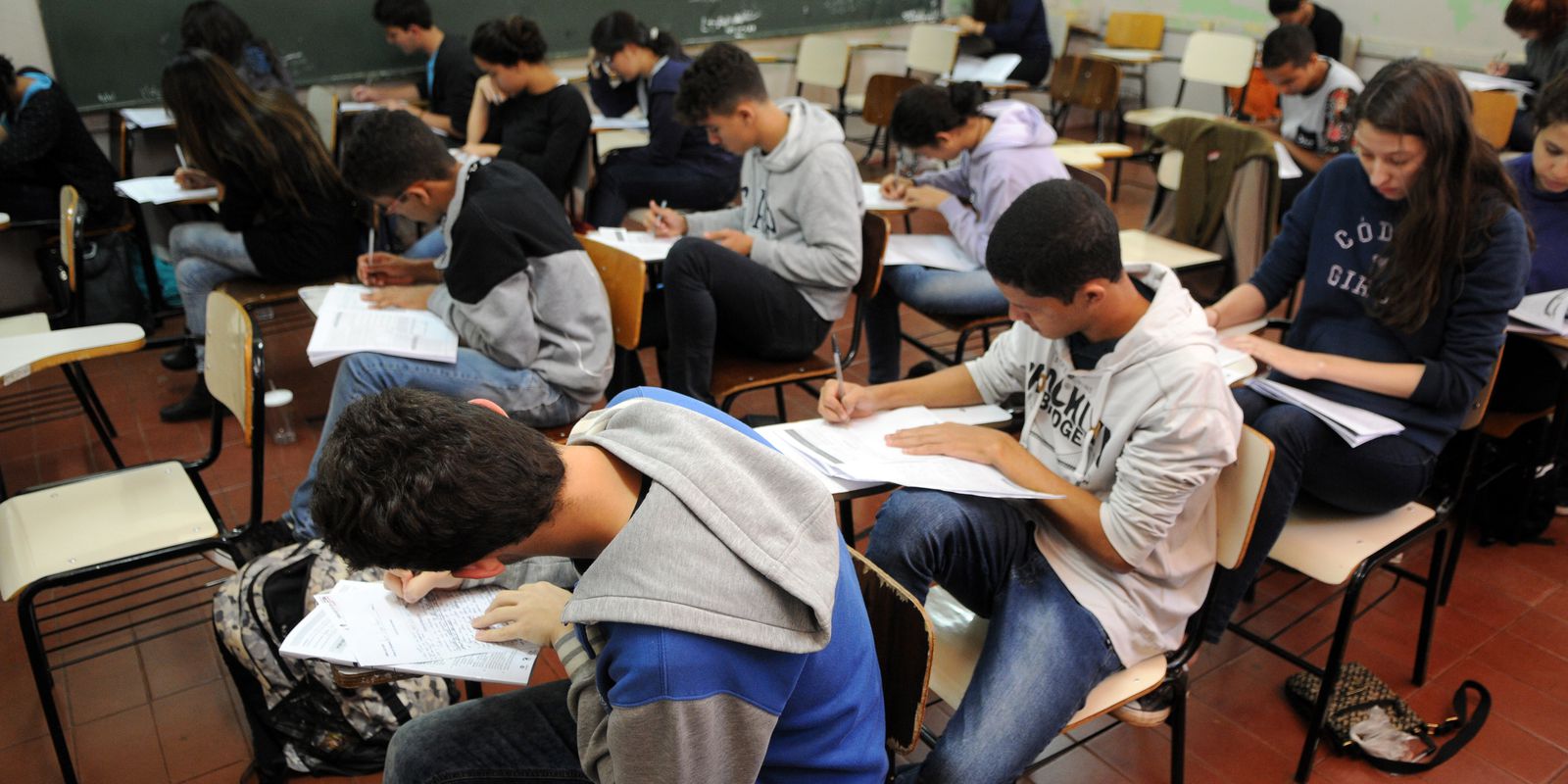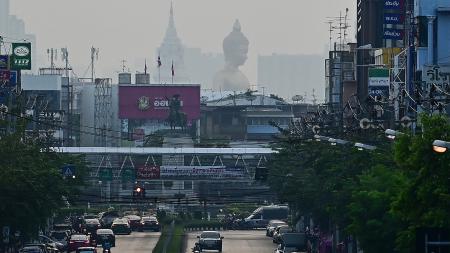The Ministry of Education (MEC) opened a public consultation for the evaluation and restructuring of the national secondary education policy. The ordinance was published this Thursday in the Official Diary of the Union and gives a period of 90 days for manifestations, with the possibility of extension.
The consultation will be implemented through public hearings, workshops, seminars and national surveys with students, teachers and school administrators about the experience of implementing the new secondary education in the 26 states and the Federal District.
The actions will be coordinated by the MEC, through the Secretariat for Intersectoral Articulation and with the Teaching Systems (Sase), with the collaboration of the National Council of Education (CNE), the National Forum of State and District Councils of Education (Foncede) and of the National Council of Secretaries of Education (Consed).
After the deadline for manifestations, Sase will have 30 days to prepare the final report to be forwarded to the Minister of Education, Camilo Santana.
According to the MEC, the objective of the consultation is “to open dialogue with civil society, the school community, teaching professionals, technical teams of education systems, students, researchers and specialists in the field of education to the collection of subsidies for the decision making of the Ministry of Education regarding the normative acts that regulate the new secondary education”.
The current high school policy was approved by law in 2017during the government of former President Michel Temer, with the aim of making the stage more attractive and preventing students from dropping out of school.
A Implementation takes place in stages until 2024. In 2022, it started with the 1st year of high school, expanding the workload to at least five hours a day. By law, for the new model to be possible, schools must increase the workload to 1,400 hours a year, which is equivalent to seven hours a day. This should happen gradually.
With the new model, part of the classes will be common to all students in the country, guided by Common National Curriculum Base (BNCC). In the other part of the training, the students themselves will be able to choose an itinerary to deepen their learning. Among the options is to emphasize, for example, the areas of languages, mathematics, natural sciences, human sciences or technical education. The offer of itineraries, however, will depend on the capacity of the teaching networks and schools.
In 2023, the implementation continues with the 1st and 2nd years and the itineraries should start to be implemented in most schools. In 2024, the implementation cycle ends, with the three years of high school.
Earlier this week, organizations of education workers met with President Luiz Inácio Lula da Silva asking for repeal of policy. Last week, in a note, the MEC recognized that there was a lack of dialogue in the process that led to the enactment of the new high school law and announced the creation of a working group to bring together all educational sectors interested in discussing the progress of the new secondary education.















